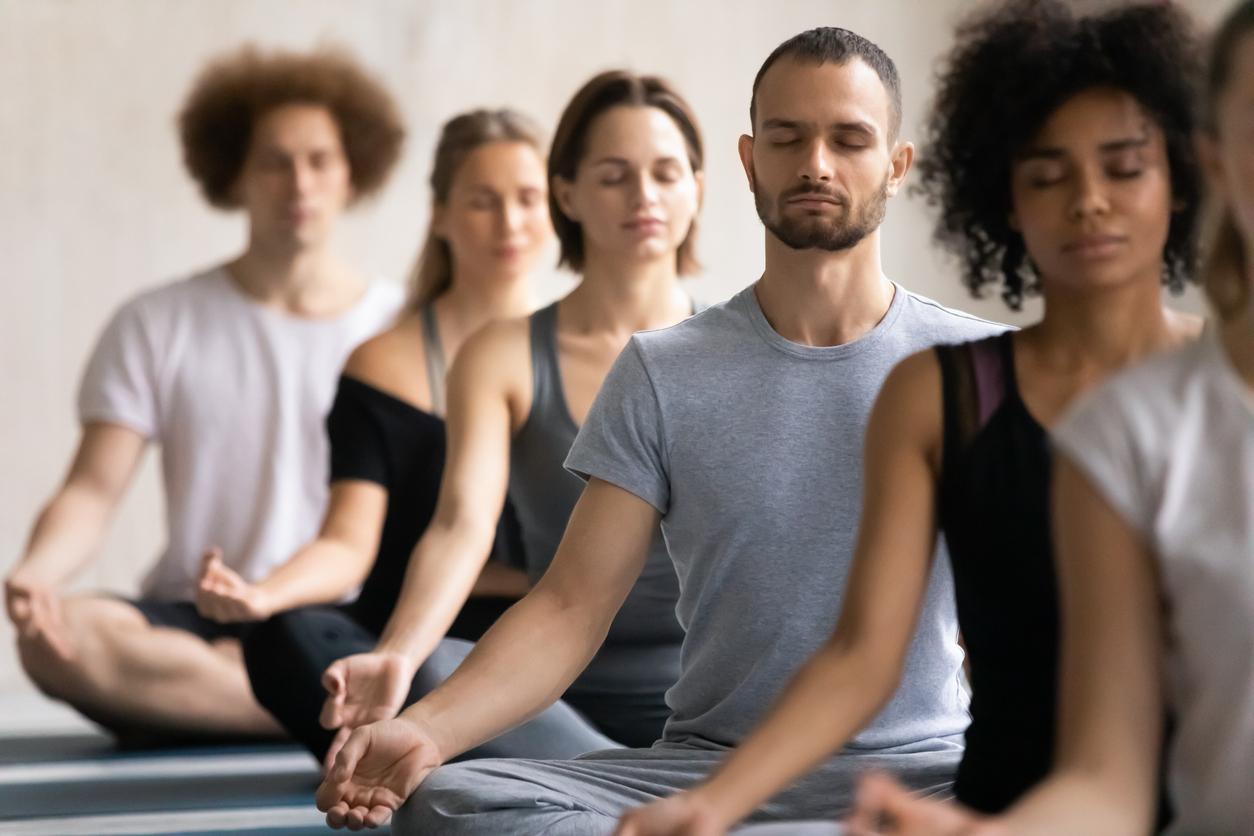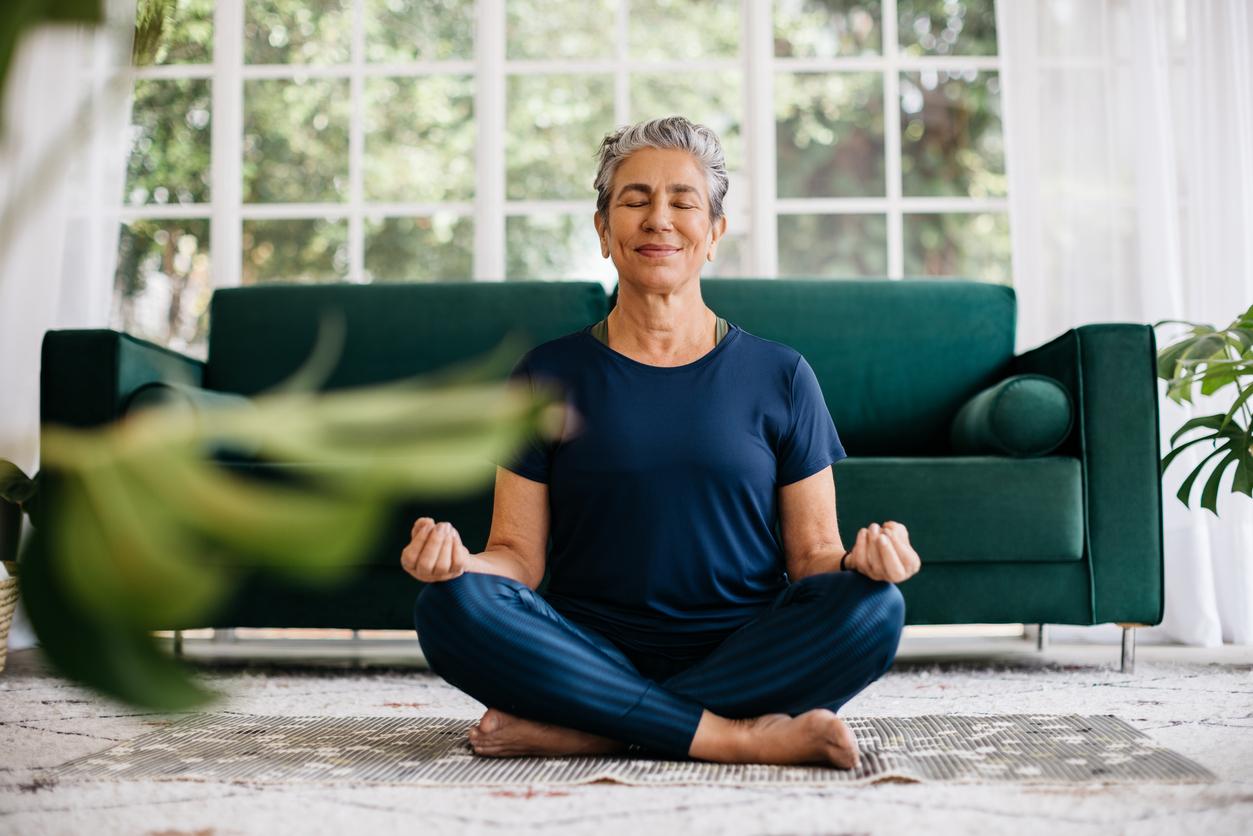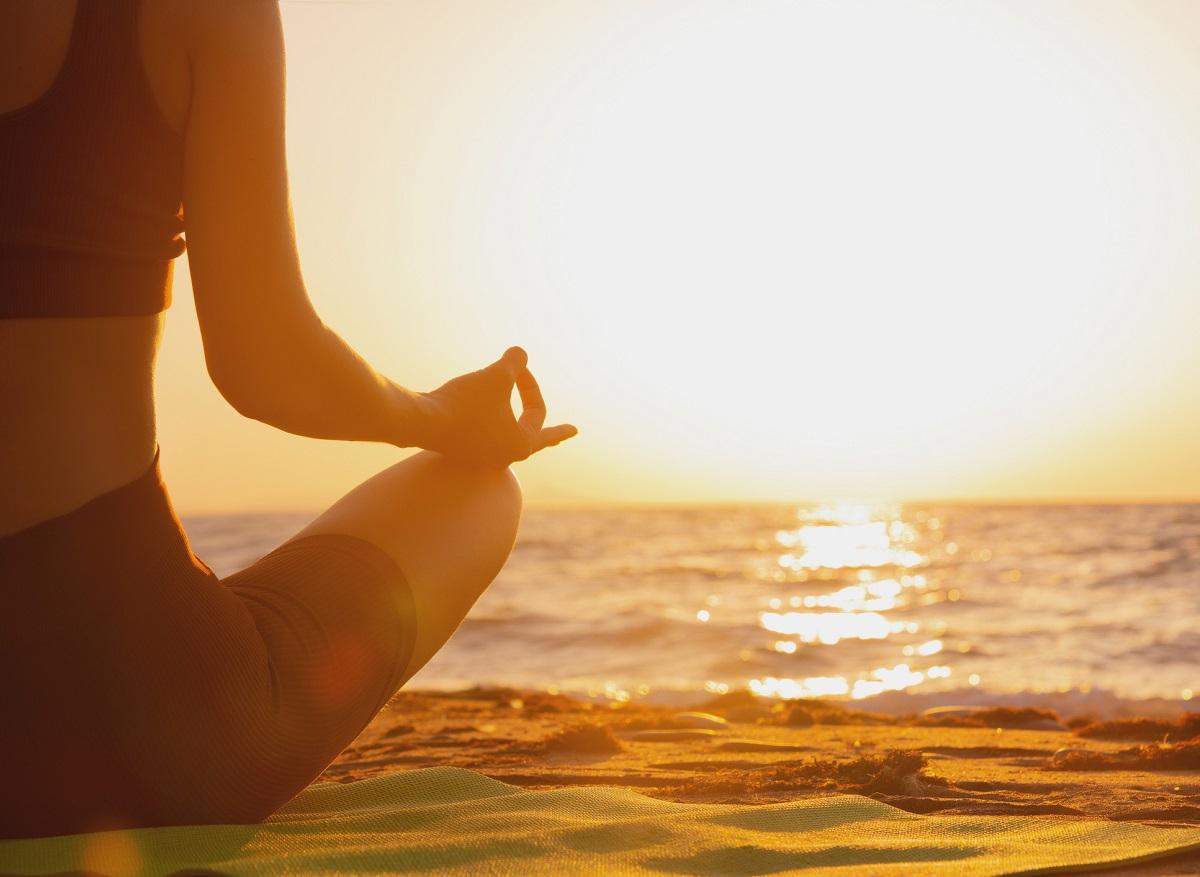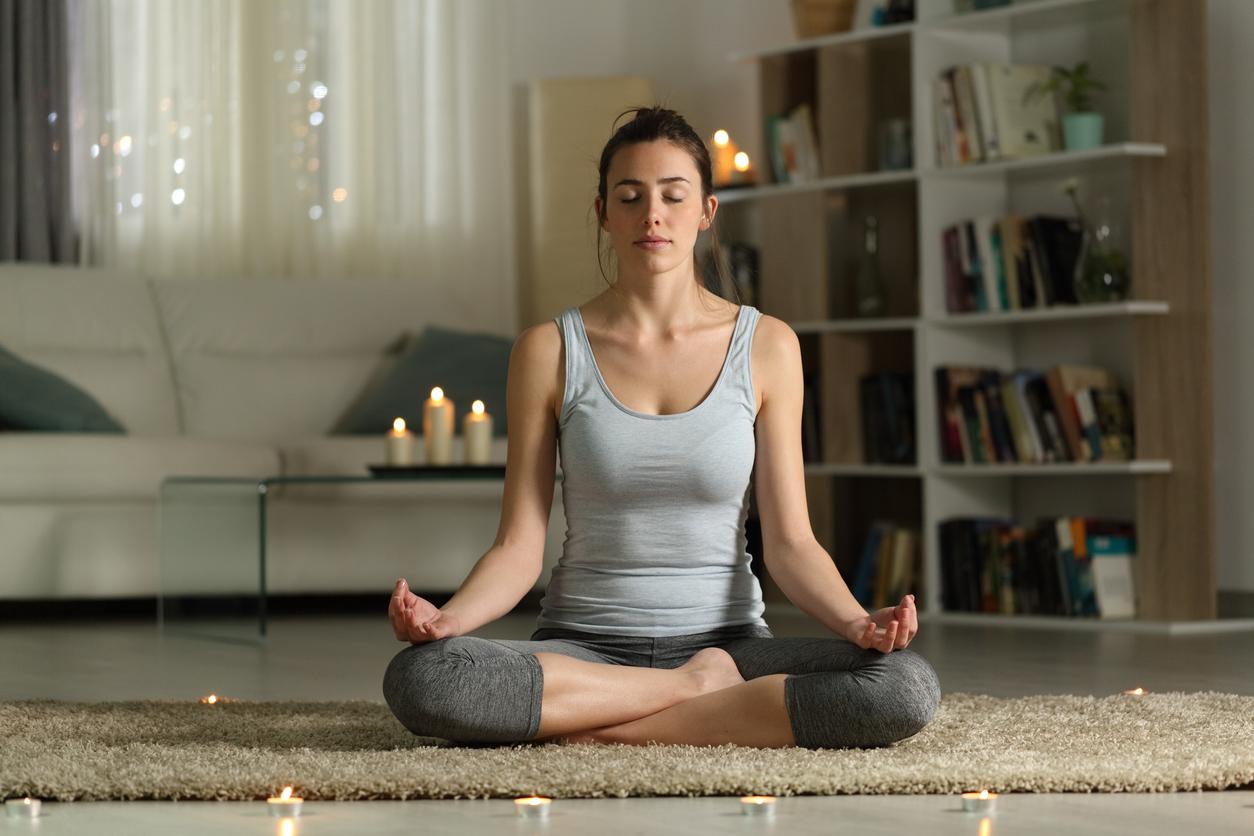People with cirrhosis can reduce the severity of their involuntary muscle contractions and improve their quality of sleep by stretching and meditating.
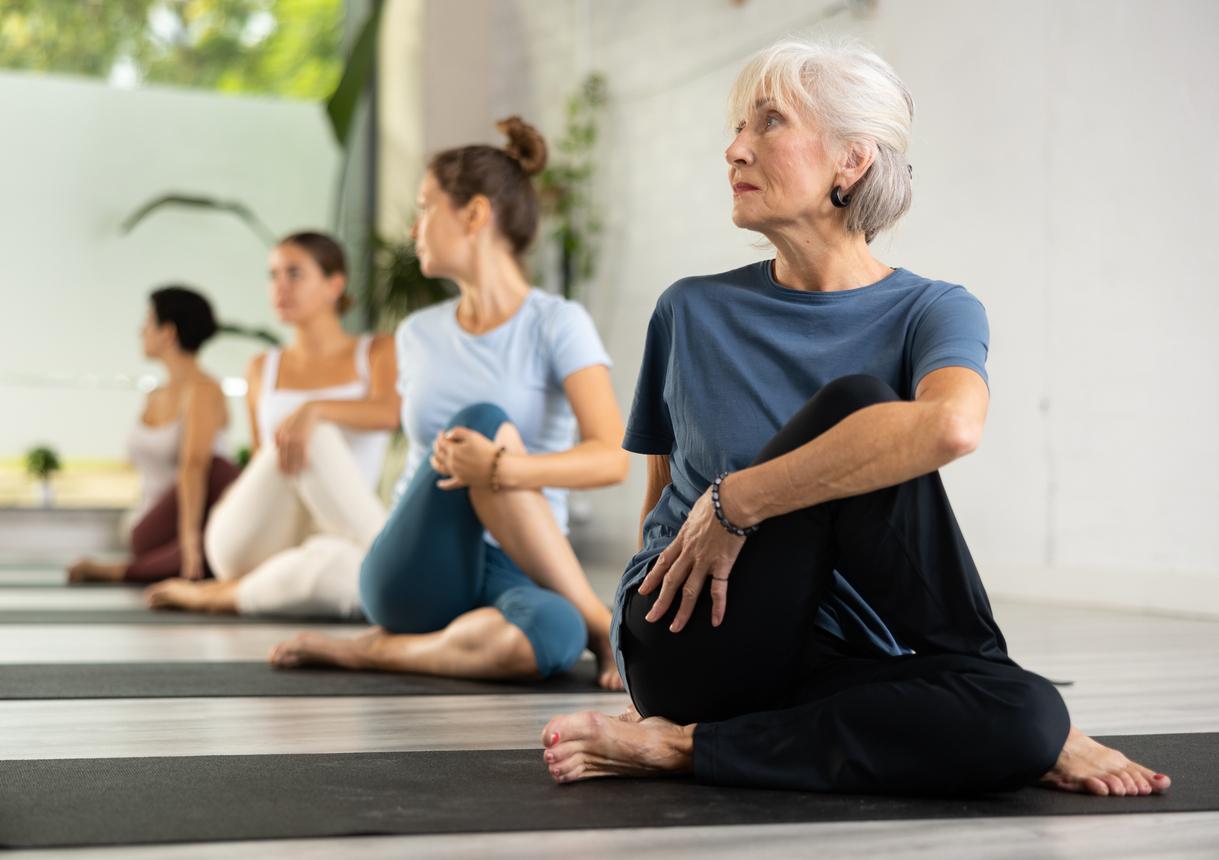
- In one study, people who meditated and stretched experienced a reduction in the severity of muscle cramps caused by cirrhosis.
- Their quality of sleep and life also improved.
- Although patients preferred and recommended doing stretching, there was no difference in effect between groups.
Fatigue, nausea, vomiting, weight loss and loss of appetite… These signs suggest cirrhosis, a serious liver disease that irreversibly damages this digestive organ. Among the symptoms of this pathology, we also find muscle cramps, which are common in patients and are associated with a poor quality of life related to health. Problem: “treatment options are limited,” according to researchers from the University of Michigan (USA).
Muscle cramps: 98 patients did stretching or meditation for 35 days
In a new study, published in the journal Liver internationalthey wanted to test two different methods to alleviate cramps. “One was to deal with this symptom through meditation and the other was to physically stretch to prevent the onset of involuntary muscle contractions,” specified Elliot Tapperlead author of the work. To conduct their research, the team recruited 98 people with a history of at least four muscle cramps in the previous month. “Overall, 48% of patients had cirrhosis, 40% had diabetes, 16% had an average age of 63, most were women and 81% had higher education,” can be read in the work. The participants were randomly divided into two groups. For 35 days, some did meditation and the others did stretching.

Meditation, stretching: “mind-body methods” that help “overcome painful physical symptoms”
Results showed that both interventions significantly reduced cramp severity, with an average of 1.44 points for stretching and 1.97 points for meditation. Both groups also noted improvements in their quality of life and sleep. “I just didn’t expect it to have anything to do with the severity of the cramps. I thought it might improve quality of life, but not reduce the cramps.”Elliot Tapper said.
Although a higher percentage of patients who did stretching (79.5%) said they would recommend this intervention than those who meditated (55.3%), the data suggest that meditation is more likely to improve overall health-related quality of life. “This research really shows that if practiced, these mind-body methods have the ability to train people to overcome really distressing physical symptoms,” concluded the researcher.










